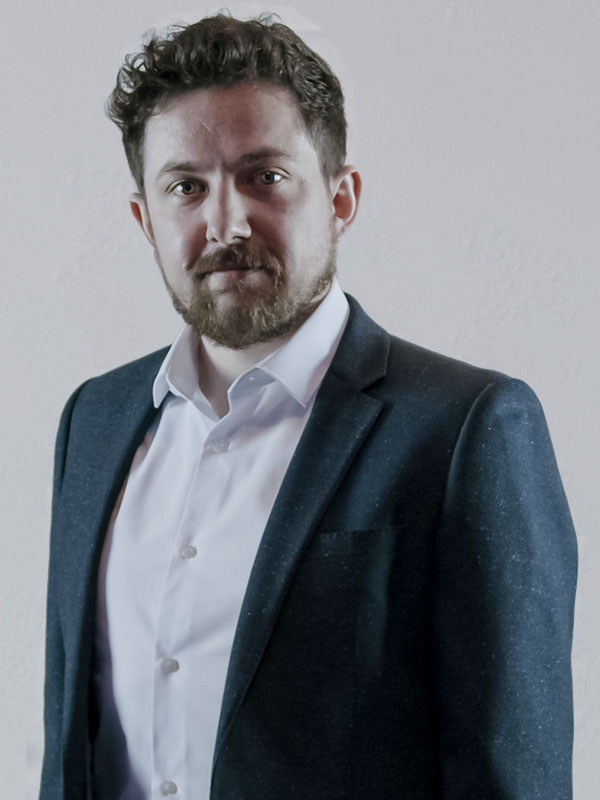Novel approaches to optimising capacity through automating appointments
My Topol fellowship problem / project:
The widely reported backlog in cancer care caused by COVID-19 poses considerable challenges to all providers of cancer services to ensure that capacity can meet the elevated demand. Although this situation is uniquely challenging, dramatic demand fluctuations in radiotherapy border on the routine. It’s not uncommon for activity to fluctuate by as much as 20% from one month to the next. This uneven throughput of patients makes it essential that radiotherapy departments operate as leanly and efficiently as possible to provide timely access to treatment during busy periods.
Internal time-motion studies have shown that significant time can be saved by grouping appointments for similar radiotherapy treatments together. On the surface, this seems achievable manually, but this kind of optimisation is deceptively difficult, especially while also considering patient preferences and continuity of care. For example, a schedule containing only 10 appointments can be ordered in 3,628,800 unique ways!
My project will utilise the wealth of high-quality data available from digitalising our radiotherapy service to inform scheduling optimisation and automate appointment bookings upon receipt of an electronic referral. The primary goal of my project will be to reduce treatment durations and increase radiotherapy treatment capacity. Secondary intended benefits include significant reductions in administrative work, removing the delay between a referral being received and appointment bookings being made and removing human error from the scheduling process.
About me
I qualified as a Therapeutic Radiographer in 2016, and before commencing my current role, I worked as a Senior Research and Treatment Radiographer at Poole Hospital. Since 2020, I’ve been the Specialist Radiotherapy Practitioner for IM&T at the Royal Berkshire Hospital. During this time, I’ve led a digital transformation programme that has delivered fully automated end to end patient pathways and the digitalisation of many processes.
We’re on track for the last of our major processes to be paperless by the end of the summer of 2022. On top of the efficiency gains, these changes have allowed physicians to do the majority of their work remotely, which has undoubtedly become the new normal.
For each change delivered by this programme, the creation of high- quality data has been a deliberate secondary product. We’ve utilised this data to implement automated validation checks to improve patient safety and flag data quality issues. We’ve also recently gone live with a bespoke dashboard that uses live patient data to visualise and track all patients’ progress as they move through the various stages of the radiotherapy pathway.
I also lead a newly formed scientific computing group that brings together the digital expertise found in the Berkshire Cancer Centre, Medical Physics and Clinical Engineering departments. We aim to implement a best practice framework to ensure that all digital solutions deployed are safe, effective and robustly supported. We also aim to foster intra-and inter-organisational collaboration, something that the Topol Digital Fellowship will certainly contribute towards.

